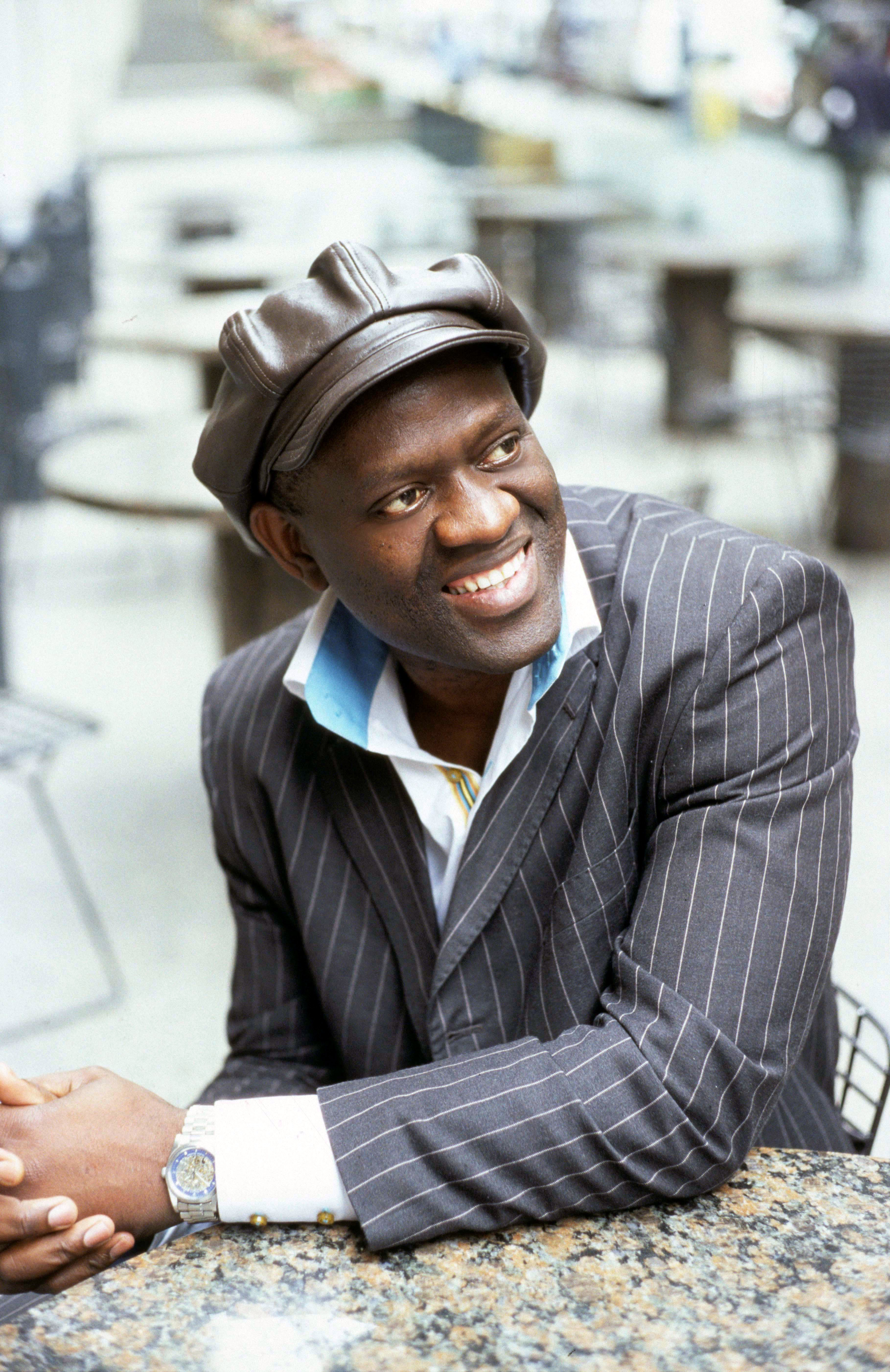UCLA professor shares award-winning novel, “˜Memoirs of a Porcupine’

UCLA OFFICE OF MEDIA RELATIONS
UCLA French Professor Alain Mabanckou will read his first English-translated collection of short stories, “Memoirs of a Porcupine,” Tuesday.
Alain Mabanckou
Tuesday, 7 p.m.
Hammer Museum, FREE
By Daniel Boden
April 30, 2012 12:17 a.m.
Alain Mabanckou’s career has led him out of his native Republic of Congo to France and onward to the United States. Yet, his work often brings him back to Africa.
Mabanckou, a professor of French and Francophone studies at UCLA, is a writer of Franco-African literature. An English translation of his prize-winning 2006 novel, “Memoirs of a Porcupine,” was published in April and he will give a reading of it at the Hammer Museum on Tuesday.
The title character leaves his tribe of porcupines and becomes the spiritual double ““ part guardian, part accomplice ““ to a Congolese boy bound for a life of murder. The book is the porcupine’s firsthand account of doing his master’s bidding for decades until the latter dies, liberating the porcupine from his bondage.
“It translates the bonhomie and cruelty of the African continent combined in a very powerful folkloric figure, which is fictional and fantastic, obviously,” said Malina Stefanovska, professor and department chairwoman of French and Francophone studies at UCLA. “It speaks about politics and cruelty. It’s a very nasty narrator, a kind of animal which is nasty, but wonders at how nasty the humans are.”
Rooted in local proverbs and an oral tradition of storytelling, as well as his own memories of Africa, Mabanckou said he aimed to cast his novel in a folkloric mode.
“In this book, I wanted to recall the oral nature of the tales and legends that I heard during my childhood in Africa. “˜Memoirs of a Porcupine’ is a book written in an African oral tradition where the spoken word is more important than what is written,” Mabanckou said.
The porcupine’s voice is conversationally free ““ Mabanckou did not use periods in the novel, so in fact, the narrator never stops speaking. Tuesday’s reading at the Hammer will capture the book’s oral strengths, Mabanckou said, although he jokingly played down his own, calling his accent in English brutal and disagreeable.
“Because the Anglo-Saxon tradition demands that the author be able to read, I am going to make an effort to read a few passages from the novel … so that at the very least people can hear my own voice with my text,” Mabanckou said.
As a writer, his voice is creative and innovative, often relying on a non-traditional French syntax and borrowing both from his Francophone formal education and his childhood exposure to Congolese culture, said Dominic Thomas, a fellow professor in the department of French and Francophone Studies at UCLA.
“He’s a great presence. He’s a dynamic instructor and he offers a completely different perspective on things than you get from other faculty members,” Thomas said.
At a university like UCLA, which stands at the crossroads of north and south and of east and west, space is needed for artists like Mabanckou, Thomas said, adding that artists in research need to be a part of the university of the future.
In discussing Mabanckou’s role as a professor, Stefanovska said that Mabanckou is an outstanding role model for his students.
“He does not come from a pretense in family, class, nation or continent. He actually is Congolese, lived there as a young man, went to France to study something different than writing, and just kind of found his way in this huge world and made it on his own terms,” Stefanovska said.
Mabanckou said that his two professions, writer and professor, support each other.
“It allows me to pass along my enthusiasm for literature and culture. A writer should not be isolated. A writer needs to be attached to society. My professorship is very important to my career as a writer, just as my writing allows me see literature from the inside. At the same time, I can advance literature in writing books myself.”
Quotes from Mabanckou were translated from French by Daniel Boden.


